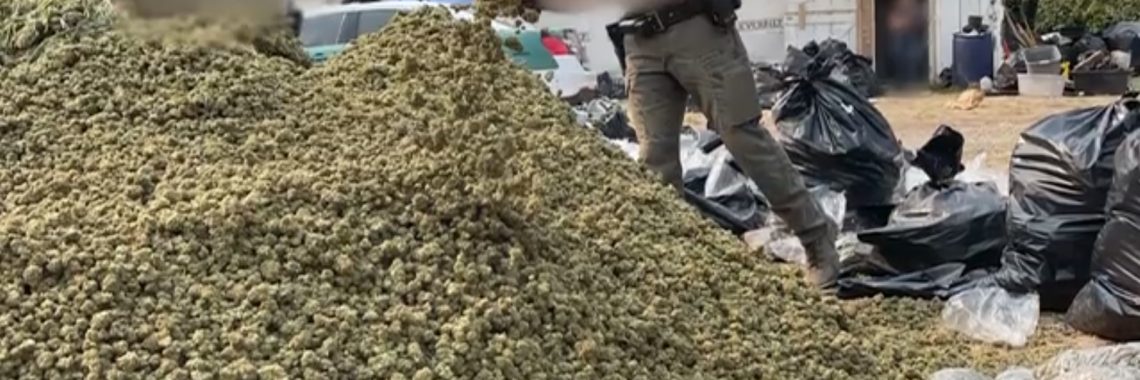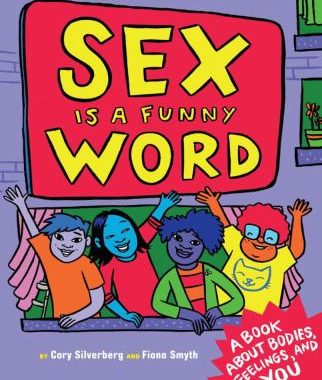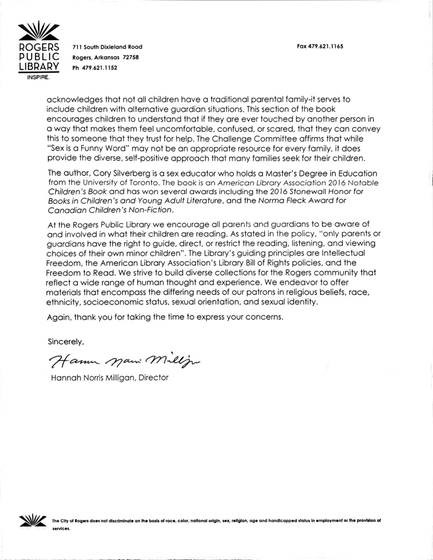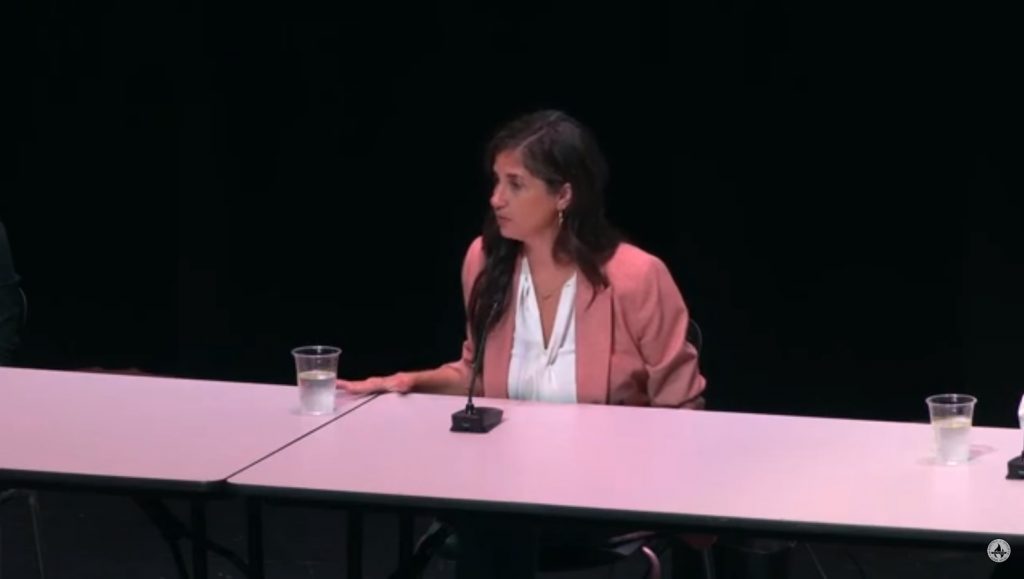Illegal Marijuana Farms Plague California, Oregon Despite Legalization
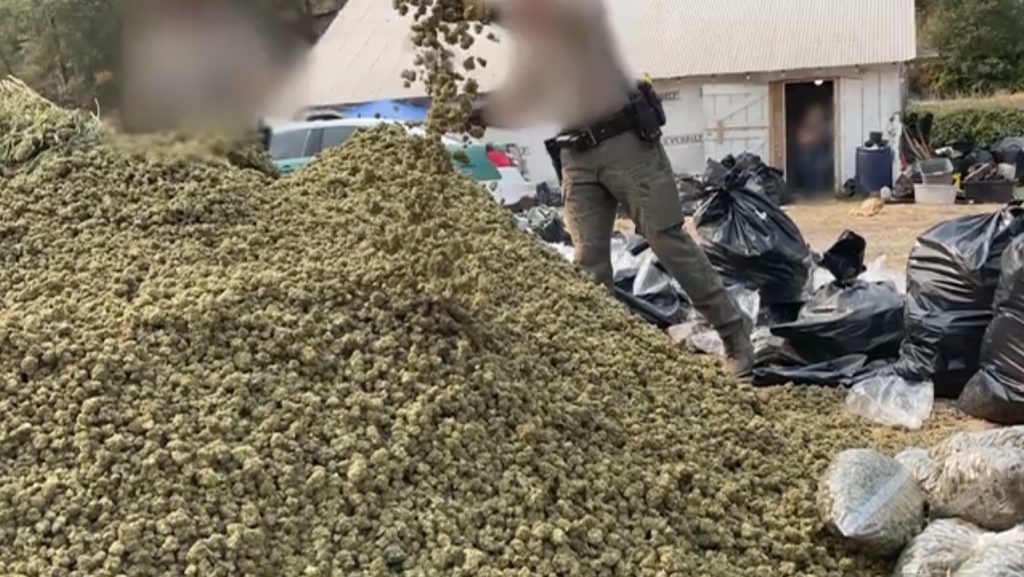
There is a myth that legalizing marijuana eliminates drug crime, but time and again evidence from other states shows that simply is not the case.
Last week NBC News reported that illegal marijuana farms in California have flourished despite legalization — and that these operations are tied to human trafficking and other crimes.
The article’s authors note that California legalized so-called “recreational marijuana” to weaken drug cartels’ influence, but illicit growers and dealers still thrive in the state.
California’s experience reflects the experiences of other states that have legalized marijuana.
Earlier this year law enforcement from Oregon reported that large scale, illegal marijuana farms have inundated the southern part of the state — despite the fact that marijuana is legal in Oregon.
According to news reports, the illegal marijuana farms are “run and controlled by multinational criminal organizations” — in other words, drug cartels and organized crime — and they are tied to human trafficking, theft, and violence.
Authorities reportedly have seized thousands of marijuana plants and uncovered other crimes at some of these large scale, illegal marijuana farms.
Below is a video the Jackson County Sheriff’s Office in Oregon released earlier this year. The video illustrates the size of these illegal marijuana farms and the inhumane treatment of the farms’ workers.
Why would illegal, industrial-sized marijuana farms flourish in a state where marijuana is legal? Here are a couple of explanations.
First, growers and sellers may grow and sell marijuana illegally to evade government oversight, licensing fees, taxes, and other expenses. They can cut corners, avoid fees, sell to minors, and earn more profit.
Second, criminal organizations can grow marijuana and ship it for illegal sale out of state. If industrial hemp and marijuana are legal in a state like Oregon, it may be harder for authorities to determine whether a specific marijuana farm is operating legally or illegally. Drug cartels can use illegal marijuana cultivation facilities to fuel their activities elsewhere.
Legalizing marijuana does not decrease drug-related crime, and it does not alleviate drug problems. If anything, it seems to make those problems worse.
Articles appearing on this website are written with the aid of Family Council’s researchers and writers.

